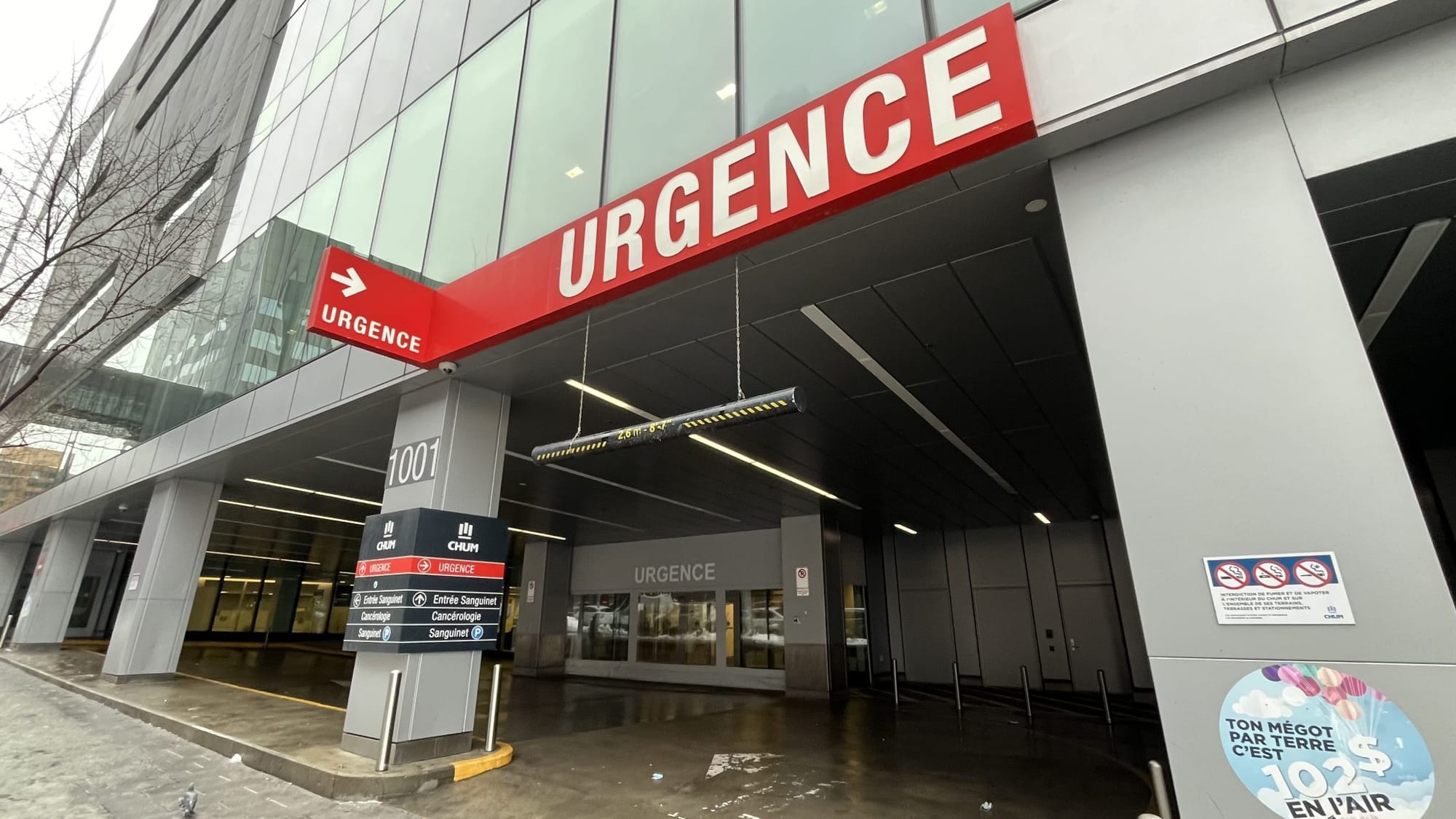Worrying increase in ‘atypical’ pneumonia in Montreal, doctor warns
While outbreaks of this kind are not uncommon, they happen every three to seven years, making the current wave more noticeable.

An increase in “atypical” pneumonia cases, particularly among school-age children and teens, may signal a broader trend, according to Dr. Jesse Papenburg, an infectious disease specialist at Montreal Children’s Hospital.
Though not an epidemic or a public health crisis, he noted that the rise in cases is straining emergency rooms, with some children requiring hospitalization.
Atypical pneumonia is caused by bacteria that don’t typically trigger pneumonia and generally lack symptoms like pus accumulation, explained Papenburg.
Unlike typical bacterial pneumonia, which often presents with high fever and respiratory distress, atypical pneumonia progresses more gradually, often causing persistent cough, fatigue, and a mild fever.
Most cases resolve on their own, though antibiotics are available for treatment.
Correct diagnosis is essential because atypical pneumonia requires different antibiotics than typical pneumonia. Administering the wrong antibiotics not only fails to treat the illness but also contributes to antibiotic resistance.
Doctors must consider factors such as x-ray results, the patient’s age, and the current increase in atypical pneumonia cases to make an accurate diagnosis, especially since atypical pneumonia primarily affects school-age children and teens, while classic pneumonia is more common in children under two.
Outbreaks often occur in closed settings like schools, as atypical pneumonia is more contagious than typical bacterial pneumonia but less so than viral infections that can escalate into viral pneumonia.
In Montreal, there is currently “significant community transmission,” impacting outpatient and emergency services, Papenburg noted.
“What we’re seeing now in pediatric hospitals is just the tip of the iceberg,” he warned, mentioning an increase in severe cases, some requiring intensive care.
While outbreaks of this kind are not uncommon, they happen every three to seven years, making the current wave more noticeable.
The outbreak coincides with respiratory infection season, and Papenburg cautioned against rushing to the emergency room after just 24 hours of fever and cough, as it could further complicate ER congestion.
To mitigate severe respiratory infections, Quebec and Ontario offer vaccinations against respiratory syncytial virus (RSV) for newborns, which reduces hospitalization risk by 80% for infants. The flu vaccine is also freely available for children over six months, Papenburg added.





